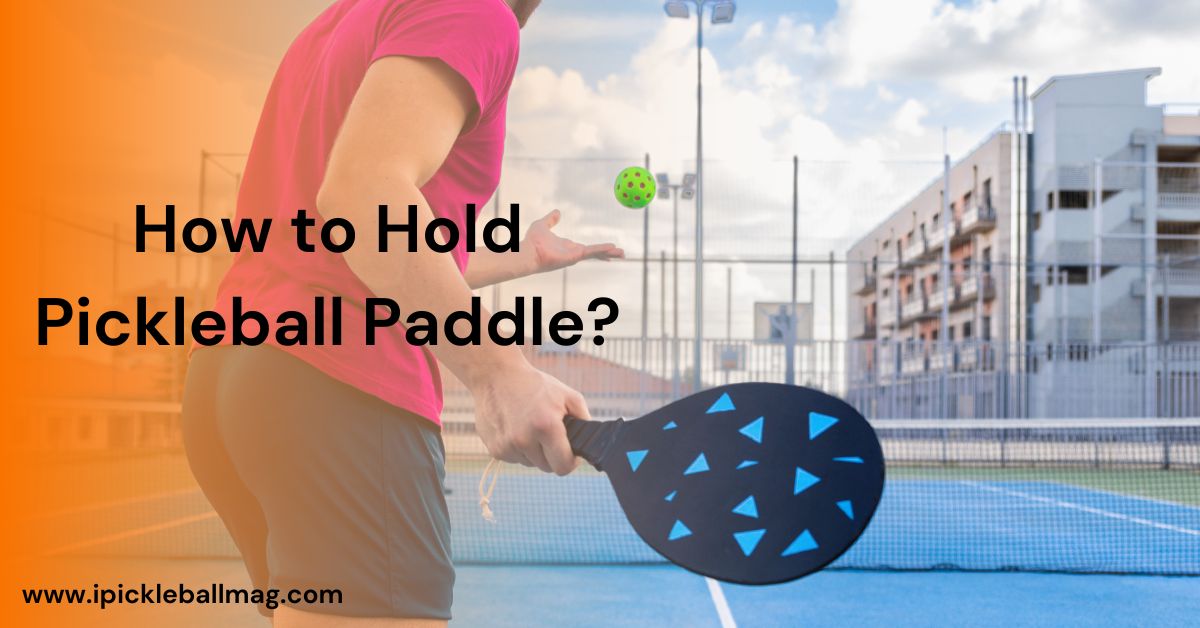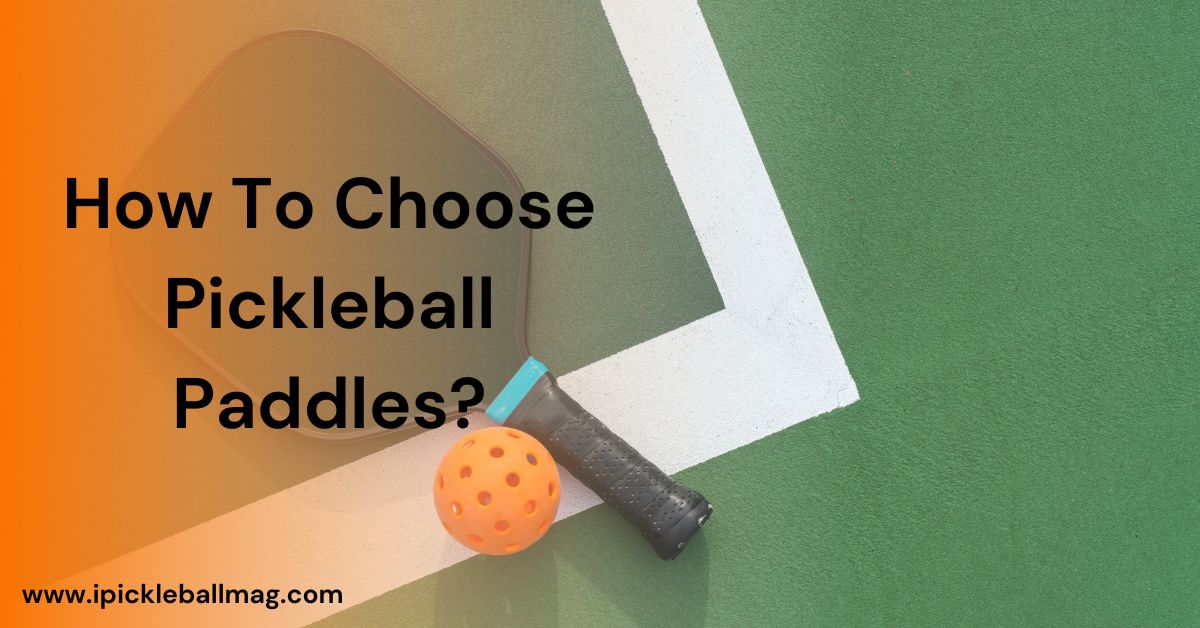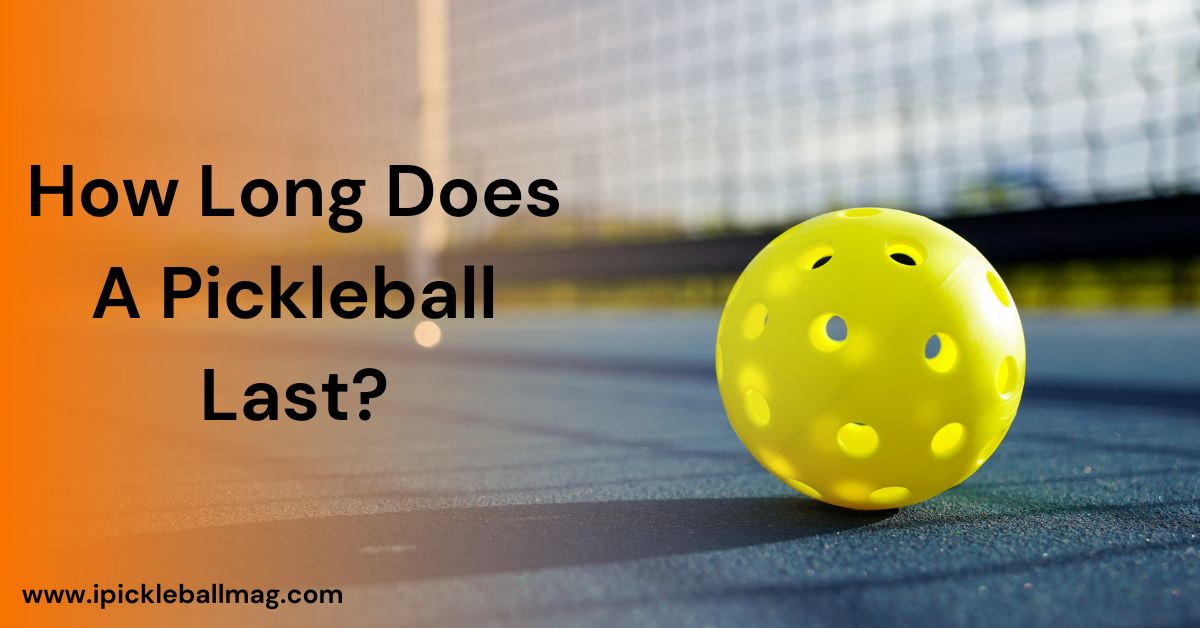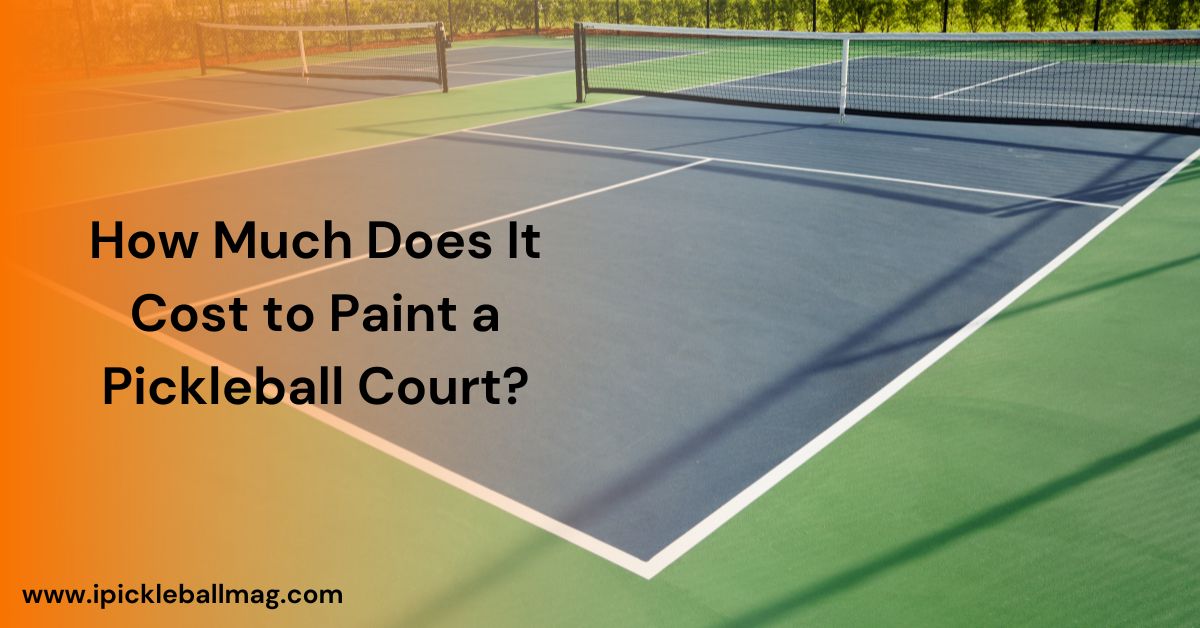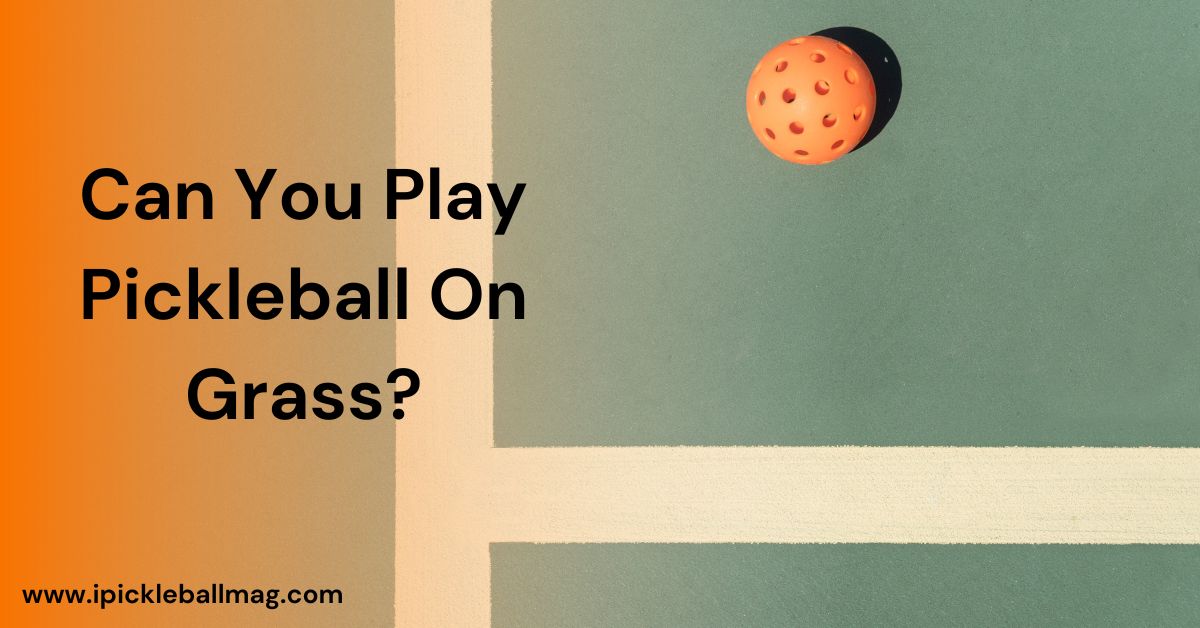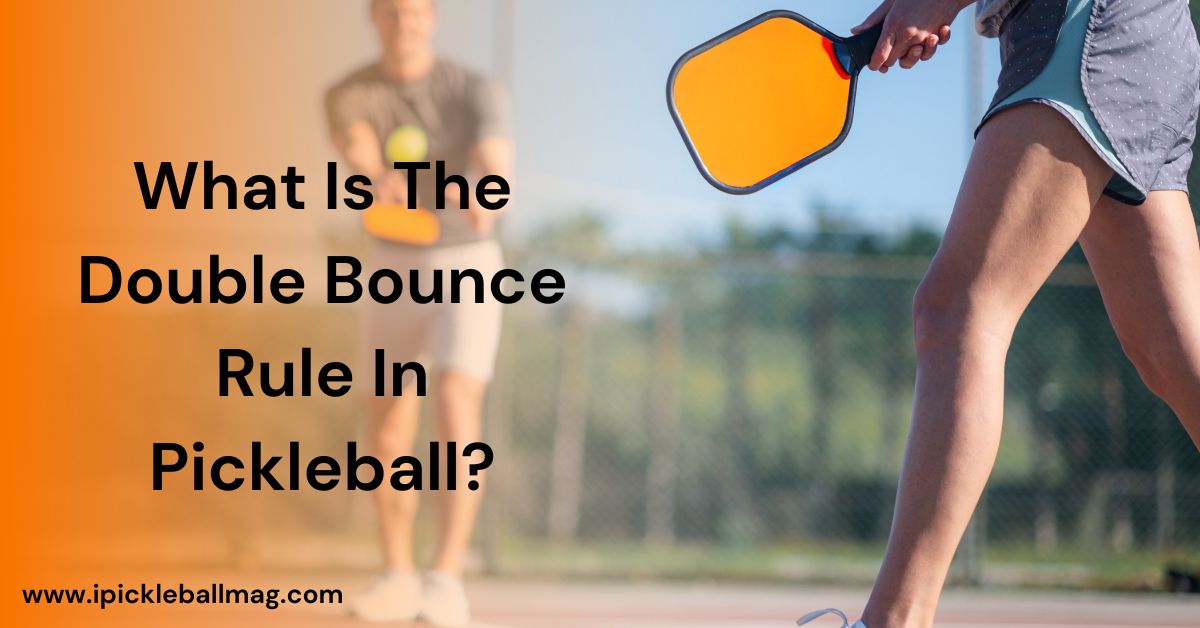Is Pickleball Louder Than Tennis? How To Reduce Noise From Courts
Pickleball has exploded in popularity over the last decade, quickly becoming one of the fastest-growing sports. However, this rapid growth has come with some backlash from neighbours complaining about the noise from pickleball courts.
The pops and cracks of pickleball paddles and balls hitting the court can be loud and annoying to those living nearby.
Since I recently covered Can you play pickleball with torn meniscus on Paddle on my blog, it’s time to discuss How To Reduce Pickleball Noise From Courts.
In this comprehensive guide, we’ll analyze Is Pickleball Louder Than Tennis, examine why it may seem noisy, look at decibel readings, and, most importantly, provide solutions for reducing noise from pickleball to keep the peace in communities.
Quick Answer: No, Pickleball is generally quieter than tennis due to its smaller court size and softer balls, resulting in less impact noise.
Is Pickleball Louder Than Tennis?
This is a hotly debated question in the world of racquet sports. Many tennis players claim pickleball is much louder based on the sharp cracks they hear when walking by pickleball courts.
However, some testing shows pickleball may only be slightly louder or comparable in volume to tennis.
Noise Level Testing
Let’s examine some decibel readings comparing pickleball and tennis:
- A sound level test measured pickleball at 70 decibels from 20 feet away, compared to tennis at 66 decibels. This indicates pickleball is only moderately louder than tennis.
- It is comparable to the noise level of an average human conversation to be 70 decibels.
- In another test, the maximum noise level for tennis and pickleball up close was 90 decibels.
- It is similar to the noise made by a lawnmower at 90 decibels.
So, while pickleball may produce slightly more sound, the difference is quite small. Both sports can generate significant noise volumes but are comparable overall.
Why Does Pickleball Seem So Loud?
If the decibel levels are similar, why does pickleball get singled out so often as painfully loud? There are a few reasons why pickleball noise can feel more disruptive:
Smaller Court Size
Pickleball courts are much more compact than tennis courts. Hits with a pickleball racket that go wide and long on a tennis court would fly over the fence on a pickleball court. This containment of shots leads to more noise reverberation.
Less Background Noise
Tennis courts are often located at busy public parks with ambient noise from traffic, crowds, and other activities. Pickleball courts are more likely to be near residences in quiet neighborhoods, so the pops stand out more to nearby homeowners.
Pitch and Frequency
Pickleball produces a louder and higher-pitched sound than tennis, even though the decibels may be comparable. This frequency seems more intrusive and annoying to our ears.
Social Atmosphere
Pickleball players are very social, chatting and cheering among themselves. Compared to more subdued tennis players, the constant noise can become irritating over time.
As a result, if we compare pickleball and tennis – which sport is louder – pickleball may objectively have the same noise level as tennis, but other factors make it appear louder and more annoying.
Steps To Reduce Noise From Pickleball Courts
Here are the most effective ways to reduce noise from pickleball and keep community members happy:
Construct Sound Barriers
Installing tall sound barrier fences or walls around the perimeter of pickleball courts can dramatically cut noise, effectively reducing noise levels in pickleball.
Sound-dampening material like mass-loaded vinyl (MLV) can also be attached to fences to absorb noise. Studies show acoustic fencing can reduce external sounds by up to 25 decibels.
Use Acoustic Court Buildings
Using proper acoustic engineering and sound-proofing materials for indoor pickleball facilities can contain noise when constructing the building itself.
Techniques like floating floors, soundproof wall panels, acoustic doors, and triple-pane windows prevent echoes and reverberation.
3. Strategically Locate Courts
Carefully planning where new pickleball courts are located can ensure noise impacts on neighbors are minimized.
The guidelines recommend a distance of 200 feet for tournament courts with lights to allow for sound barriers. Even non-tournament courts should have vegetative buffers from residences.
4. Limit Playing Hours
Having designated pickleball playing hours within noise ordinances, such as 8 am to 9 pm, prevents early or late-night play from disturbing homes.
5. Encourage Quieter Equipment
Some paddle and ball brands have focused innovation on sound reduction. Cushioned paddles like the Selkirk Amped Invikta dampen noise on contact.
The Onix Fuse ball has a softer feel and a 40% smaller acoustic signature. Promoting this gear reduces sounds.
Read Our article Best Quit Pickleball Paddles
Examining the Impact of Pickleball Noise
The noise from pickleball doesn’t just “seem” loud, though; it can have real impacts on residents living nearby:
- Many communities have faced lawsuits from homeowners claiming pickleball noise is a “nuisance.”
- The loud pops can make it hard to sleep, converse, or focus on tasks in nearby homes.
- The noise also reduces the enjoyment of backyards, patios, and pools.
- Some fed-up residents have pushed cities to restrict pickleball or have courts removed entirely.
Even though pickleball noise is moderate objectively, it is disruptive subjectively, causing a backlash in communities. If players and organizers want to see their beloved sport continue growing, they must take noise concerns seriously and mitigate sounds proactively.
Will Noise Issues Threaten The Future Of Pickleball?
Some fear ongoing noise complaints and legal battles could severely limit future pickleball court construction and access.
However, effective sound reduction approaches, smart community engagement, and cooperation from players, pickleball, and neighbors can live together peacefully.
A reasonable compromise may be to limit court hours or to locate the courts in a suitable location. Banning pickleball completely goes too far when there are existing solutions to reduce the noise if all sides collaborate.
The suggestions provided in this article can help reduce friction and noise concerns. But just as importantly, pickleball communities must acknowledge neighbors’ grievances and collaborate to find mutually agreeable remedies.
Will Pickleball Worldwide Grow Slow Due to Noise?
Pickleball’s meteoric growth has seemed unstoppable, with nearly 5 million players in the US already. However, issues of decibels of noise in pickleball could slow momentum, resulting in court access barriers.
However, the solutions outlined in this guide can help prevent that. And the USA Pickleball Association has made reducing noise a top priority for the sport’s future. In other words, as long as noise mitigation advances keep pace with the spread of pickleball passion, pickleball’s upward trajectory should continue.
The suggestions here give players, organizers, manufacturers, and communities a blueprint for keeping pickleball’s social sounds in check while participation numbers rise across neighborhoods, cities, and countries worldwide.
Frequently Asked Questions
Some frequently asked questions about Pickleball noise are:
Are There Any Paddles Or Balls That Make Less Noise In Pickleball?
Yes, some paddle and plastic ball brands have specifically aimed their innovation at a sound reduction in pickleball. Cushioned paddles like the Selkirk Amped Invikta dampen noise on contact.
The Onix Fuse ball has a softer feel and a 40% smaller acoustic signature to reduce sounds.
What Kind Of Fencing Can Reduce Noise From Pickleball Courts?
Installing tall sound barrier fences made of noise-dampening material like mass-loaded vinyl (MLV) around the perimeter of pickleball courts can dramatically cut noise.
Studies show acoustic fencing can reduce external sounds by up to 25 decibels.
How Far Away Should Pickleball Courts Be From Nearby Homes?
Guidelines recommend 200 feet from homes for tournament courts with lights to allow space for sound barriers.
Even non-tournament courts should have vegetative buffers from residences.
What Are The Most Effective Ways To Reduce Noise From Pickleball?
Constructing acoustic barriers, using sound-proof building materials, strategically locating courts away from homes, limiting playing hours, encouraging quieter paddle/ball gear, and reminding players to avoid shouting.
Could Noise Issues Threaten Or Slow The Growth Of Pickleball?
If unchecked, noise complaints resulting in court access barriers could slow pickleball’s growth.
But with solutions like acoustic fencing and collaboration between players and neighbors, the sport can continue expanding rapidly while keeping surrounding communities happy.
Final Thoughts
Pickleball, a sport that uses a racket and plastic ball, has gained popularity, but neighbors have also complained about the noise.
Investing in solutions like acoustic barriers and equipment innovations can dampen disruptive sounds in pickleball by understanding why it seems loud.
With proactive collaboration between players, organizers, manufacturers, and residents, this fast-growing sport can continue thriving across communities worldwide while keeping the peace through noise reduction.
Ultimately, pickleball is too enjoyable to let noise issues sideline its growth as long as all sides work together towards quieter play.
We hope This Guide answers your question about Is Pickleball Louder Than Tennis.
Thanks for Reading Along. Have a nice Day!!

